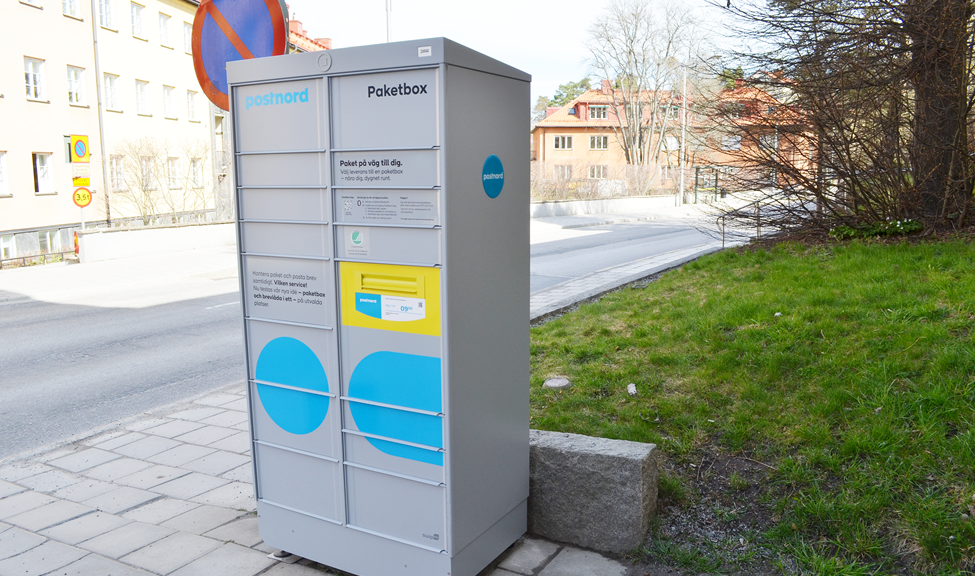07/05/2024
Important World Postal News last week
Privatization has failed one of Britain’s most important institutions
Following reports that foreign private equity investor EP Corporate Group could be buying into a controlling stake of Royal Mall Group’s corporate holding company, International Distribution Services (IDS), CWU General Secretary Dave Ward said: “Handing over the ownership of Royal Mail to a foreign private equity investor cannot be right.
“Royal Mail’s vulnerability to this type of bid can’t demonstrate more clearly how privatisation has failed one of Britain’s most important institutions.
“Royal Mail needs a new ownership and governance model with its focus on delivering a postal service for workers and customers, not one simply about shareholder payouts and running down conditions.”
In an emergency motion at the CWU annual conference on Thursday 25 April delegates unanimously resolved that in the event of any takeover, it would completely oppose all attempts to:
Break up the company;
Introduce franchising to Royal Mail;
Introduce outsourcing into the company;
Introduce a three-or-four day USO or other severe USO cuts;
Raid the pension surplus.
The emergency motion also endorsed the call for a new ownership and governance model for Royal Mail.
New bill would place restrictions on DeJoy’s USPS reform efforts
USPS is stripping rural America of reliable service without "legitimate justification," senator says.
The U.S. Postal Service would face new restrictions in implementing the reforms it says are necessary to save the mailing agency from financial ruin under a bill that adds to the mounting pressure on USPS management.
The Protecting Access to Rural Carriers for Every Location (PARCEL) Act, introduced by Sen. Jon Tester, D-Mont., would prohibit the consolidation of mail processing operations unless the Postal Service met certain conditions. Under Postmaster General Louis DeJoy's 10-year Delivering for America plan, USPS is in the midst of consolidating mail sorting away from individual post offices in favor of centralized centers and moving processing operations away from hundreds of cities and towns in favor of 60 mega-centers throughout the country.
In some cases, such as Tester’s home state of Montana, those changes will move major elements of mail processing out of a state entirely. Several lawmakers have voiced concern with that approach, citing the potential for increased delays as traffic and weather disrupt mail transportation.
Under the PARCEL Act, USPS would only be able to proceed with its plans to stand up the mega-centers—known as Regional Processing and Delivery Centers—if mail processing remains inside of state boundaries or causes no harm to local mail delivery. USPS would also have to complete a geographical review of its changes, including the impact of moving mail through mountain passes, and receive public input in support of the consolidations.
Lawmakers from states such as Colorado and Nevada have criticized USPS plans to move mail processing across or out of their states, noting the mountain passes in the new routes would likely cause significant logistical difficulties.
During a Senate hearing last month, DeJoy defended his plan and said he was committed to seeing it through. He told lawmakers that a return to the previous status quo would mean a continuation of the “financial death spiral” that predated his arrival. DeJoy stressed that he is not closing facilities, but repurposing and investing in them to meet modern needs. He added the Postal Service maintains “a process to analyze the movement of mail” and makes data-based decisions.
Mail delays have spiked across the country and performance has been particularly poor in areas piloting the new network structure, leading DeJoy to apologize and promise improvements. He added, however, that his efforts will bear fruit if given appropriate time.
“It’s easy to criticize when you show up at the crime scene and see the damage, but the path there is long and people are working very hard to change minds and hearts in terms of how we perform,” the postmaster general said.
A recent inspector general report found the standing up of a new RPDC in Richmond, Virginia, led to worse service, an uninformed public, decreased employee availability and a spike in late and canceled mail transportation trips.
The changes have caused “additional labor and transportation costs, and it is uncertain if expected savings will be achieved,” the IG said. Previous IG reports have found prior efforts to consolidate facilities led USPS to perform worse while realizing just a tiny fraction of the cost reductions it had anticipated.
The Postal Regulatory Commission said last week that while postal leaders have said the negative impacts are temporary, they have not shown any evidence to support that contention. The watchdog is now seeking increased scrutiny of the agency’s reforms.
USPS in recent months has faced a long series of letters and calls to explain or adjust its reform plans, including a recent demand from several Senate Democrats that the postal board of governors abandon DeJoy’s changes altogether. Tester’s bill, which the senator introduced as USPS plans to move processing operations from Missoula in his state to Spokane, Washington, marks a new effort to statutorily limit the postmaster general.
“USPS leadership has failed to listen to the people of Montana time and time again, and it’s time to put a stop to their attack on service in rural America,” Tester said. He added his bill would “bring full operations back to Missoula and ensure that Postmaster DeJoy won’t be able to strip rural America of reliable service without public approval and legitimate justification ever again.”
PostNord Sweden tests new box combining both parcels and letters

PostNord Sweden has deployed its first “hybrid box” where individuals can post their letters, pick up packages, and send return packages. The initiative is a response to declining mail volumes and the growing need for cost-effective and innovative parcel solutions.
Since parcel lockers are filled every day, the mailbox part of the box can be emptied simultaneously, that is, on a daily basis.
The Hybrid Box is designed to handle postal items up to 3 cm thick C4 envelopes and is positioned at an accessible height of 120 cm, with the possibility of adjustment to further increase accessibility.
The Hybrid Box is designed to:
- deliver parcels and handle returns.
- function as a “priority mailbox” with daily emptying (Monday to Friday), ensuring improved service and accessibility.
- be emptied once a day in connection with parcel delivery using our Svanen-certified e-commerce transport.
The deployed Hybrid Box is a test under evaluation. If successful, PostNord assesses that it could replace thousands of traditional mailboxes, improving accessibility and service levels in a cost-effective manner across Sweden.

